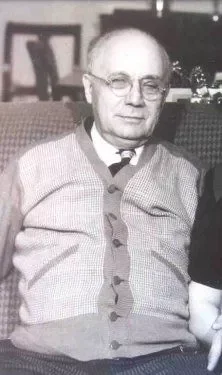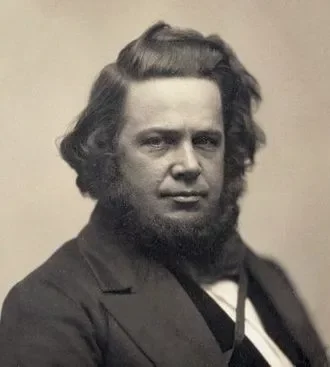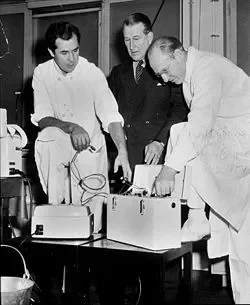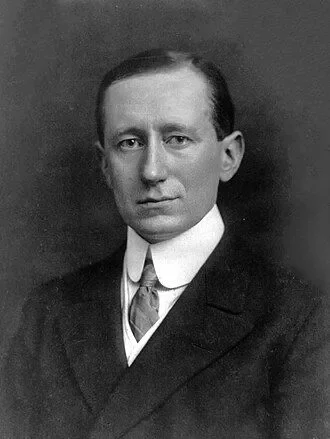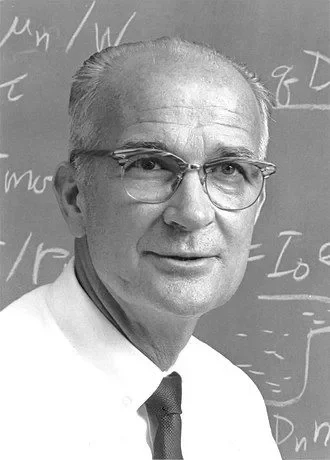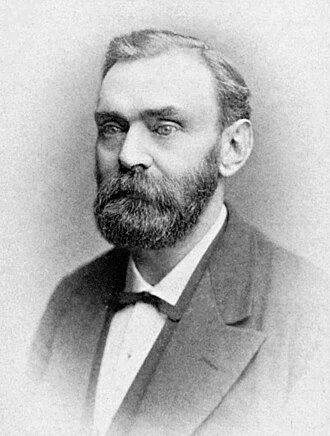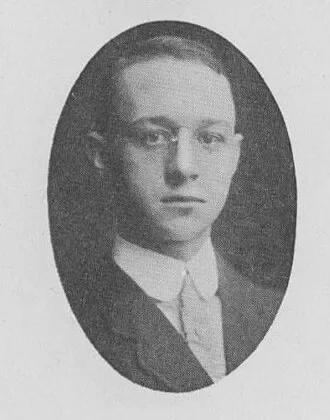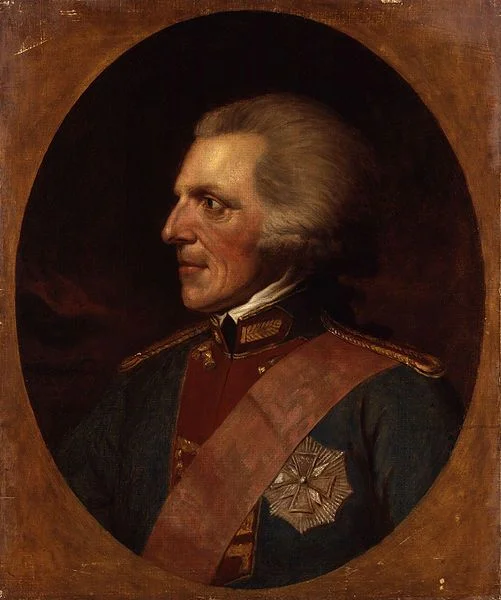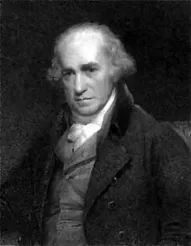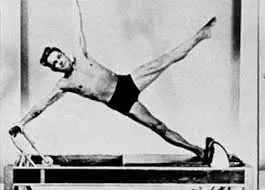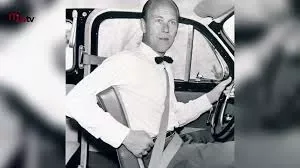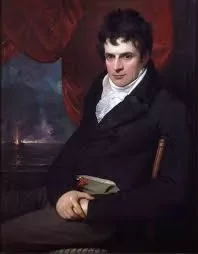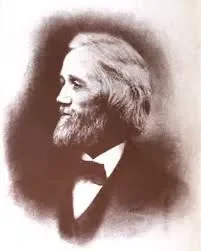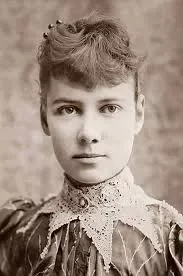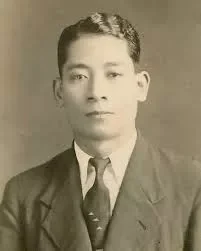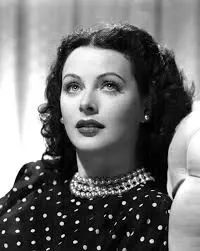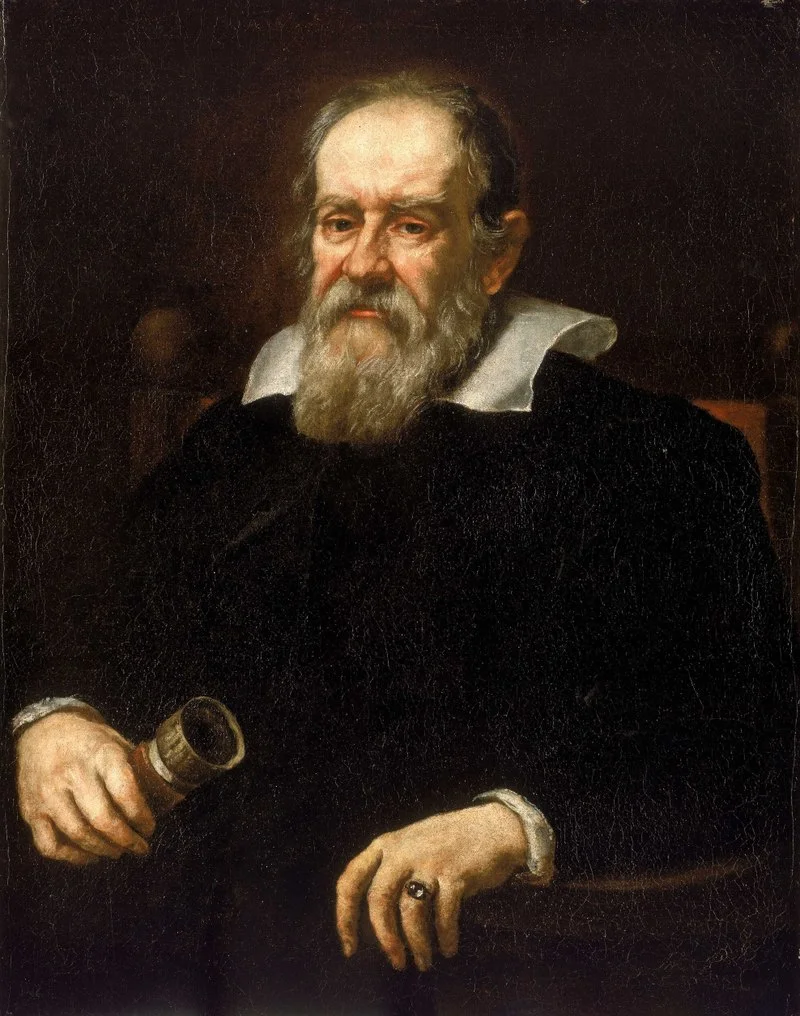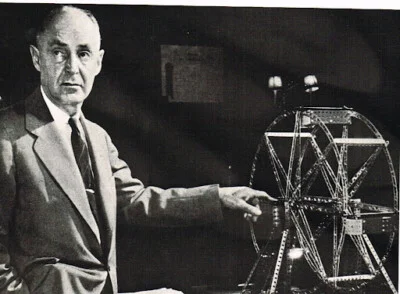Real Celebrities Never Die!
OR
Search For Past Celebrities Whose Birthday You Share
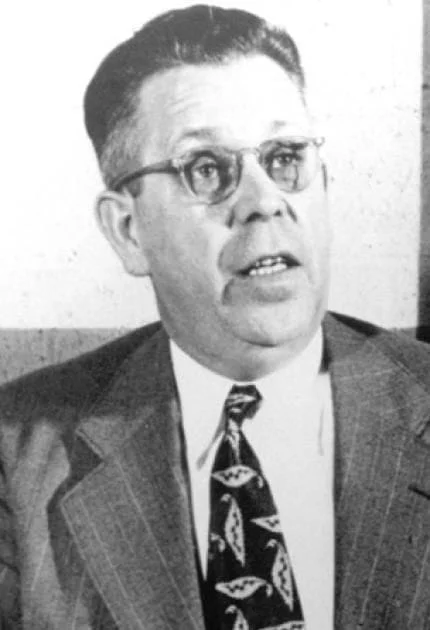
source:invent.org
Percy Spencer
Birthday:
19 Jul, 1894
Date of Death:
08 Sep, 1970
Cause of death:
Natural causes
Nationality:
American
Famous As:
Engineer
Age at the time of death:
76
Percy Spencer's Quote's
Early Life and Hardships
Percy LeBaron Spencer (Percy Spencer), born on July 19, 1894, in Howland, Maine, was an American engineer and inventor. His curiosity and ingenuity led to the invention of the microwave oven, one of the most widely used kitchen appliances. His life story highlights the importance of self-education and perseverance.
Spencer’s early years have been marked by tragedy and battle. He lost his father when he was18 months, and his mother left him in the care of his aunt and uncle. Spencer’s uncle passed away when he was only seven, leaving him to care for himself and his aunt.
Spencer had to quit school at 12 and started working at a spool mill. His curiosity about how things worked never faded despite the long hours and challenging work. At 16, Spencer self-taught about electricity when a local paper mill introduced it.
Self-Taught Expert
Spencer’s thirst for understanding led him to join the U.S. Navy at 18, in which he become eager about wireless communications. While on night watch, he self-taught radio technology, trigonometry, calculus, chemistry, physics, and metallurgy.
Career at Raytheon
By 1939, Spencer had turn out to be one of the world’s main professionals in radar tube design. He joined Raytheon, a protection contractor, wherein he quickly rose to the leader of the power tube division. Spencer’s expertise during World War II was valuable when he developed a more efficient way to manufacture magnetrons, essential for radar systems.
The Accidental Discovery
In 1945, while operating an active radar set, Percy Spencer observed that a chocolate bar in his pocket had melted. He began experimenting with various foods out of curiosity. To his colleague’s surprise, he successfully popped popcorn and even made an egg explode. This accidental discovery led Spencer to understand the capability of microwaves for cooking food.
Development of the Microwave Oven
Spencer immediately started harnessing this phenomenon. He designed a metal enclosure with a gap for feeding in microwave energy. This served as the model for today’s microwave ovens. Raytheon filed a patent for Spencer’s microwave cooking system on October 8, 1945.
Legacy and Recognition
Spencer did not receive any royalties for the microwave oven, despite his groundbreaking invention. Instead, Raytheon rewarded him with a one-time $2 gratuity, the typical payment for inventors who were employees of the company at that point. However, his contributions were recognized in other ways:
- He rose to the position of Senior Vice President and Senior Member of the Board of Directors at Raytheon.
- He was awarded 300 patents throughout his career.
- He received the Distinguished Public Service Award from the U.S. Navy.
- He was made a Fellow of the American Academy of Arts and Sciences.
- He received an Honorary Doctor of Science from the University of Massachusetts.
Personal Life
Spencer married Louise and had 3 children: John, James, and George. Later in life, he married Lillian Ottenheimer in 1960.
Percy LeBaron Spencer passed away on September 8, 1970, leaving behind a legacy that continues to touch millions of lives each day. His story serves as an inspiration, showing how curiosity, perseverance, and self-learning can result in global-changing improvements.
Name:
Percy Spencer
Popular Name:
Percy Spencer
Gender:
Male
Cause of Death:
Natural causes
Spouse:
Place of Birth:
Howland, Maine, United States
Place of Death:
Newton, Massachusetts, United States
Occupation / Profession:
Personality Type
Virtuoso: Bold and practical experimenters, masters of all kinds of tools. Known for his practicality, problem-solving skills, and inventiveness.
He discovered the heating properties of microwaves accidentally, while working on radar technology during World War II
Spencer’s work with Raytheon earned him a lifetime contract, a rarity in the corporate world
Spencer was mostly self-taught, having grown up in poverty and started working at an early age to support himself
The first microwave oven, called the "Radarange," was large, heavy, and primarily used in commercial kitchens
Awarded over 300 patents for his work in radar and other fields
Honored for his significant contributions to radar technology during World War II
Invented the microwave oven, a revolutionary cooking technology

